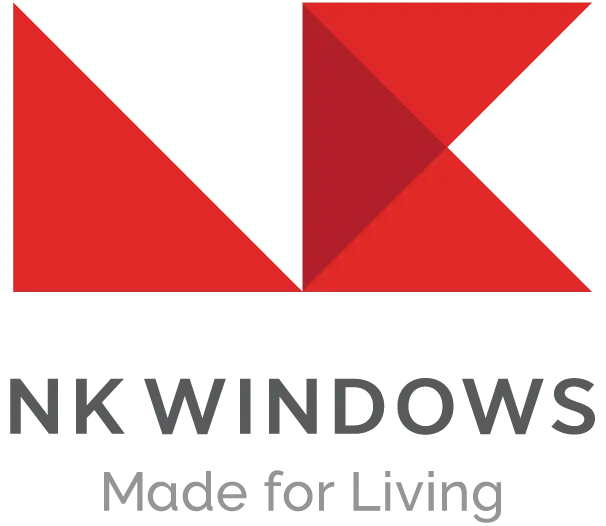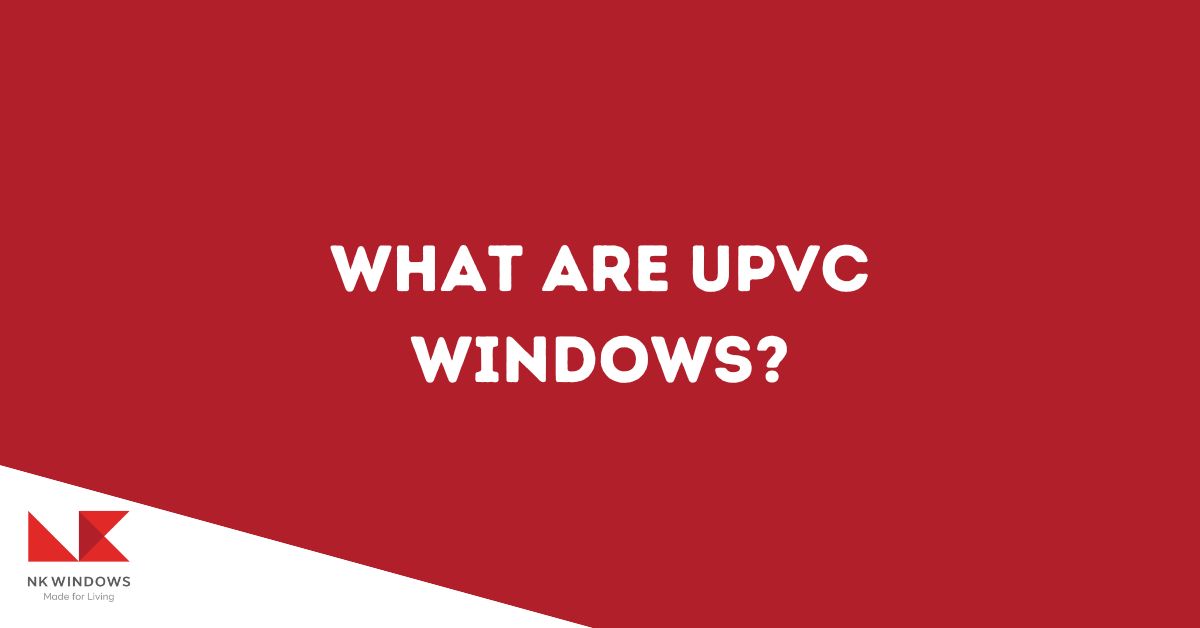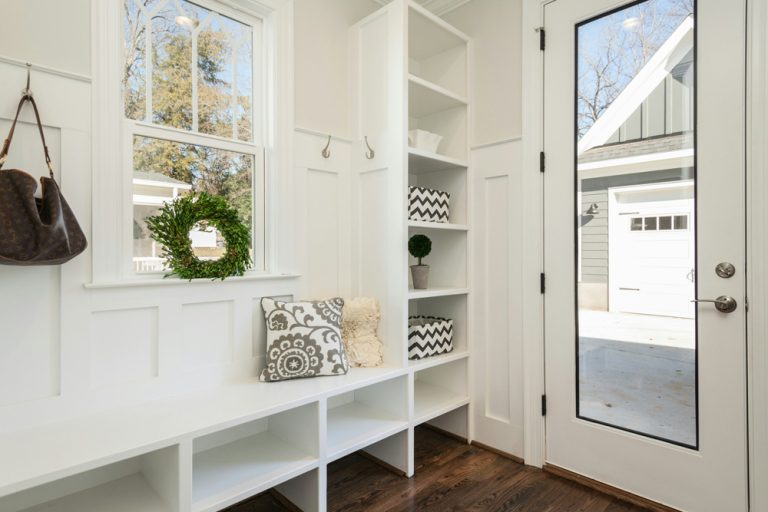Ever heard of uPVC windows and wondered if it’s just another fancy acronym the home improvement industry threw at us? You’re not alone!
uPVC—short for Unplasticised Polyvinyl Chloride—is a bit of a mouthful, but it’s also one of the most durable, energy-efficient, and low-maintenance window materials out there.
Whether you’re renovating, building, or just plain curious, this guide will break down everything you need to know about uPVC windows and doors, from their benefits to how they compare with other materials like aluminium and timber.
Let’s dive in!
What is uPVC?
uPVC (Unplasticised Polyvinyl Chloride) is a type of plastic that’s been engineered to be rigid, durable, and weather-resistant. Unlike regular PVC (which is softer due to added plasticisers), uPVC is tough and built to withstand the elements.
It’s been a go-to material for window frames and doors for decades because:
-
- It doesn’t rot, warp, or corrode like timber.
-
- It requires almost zero maintenance.
-
- It provides excellent insulation, making it energy-efficient.
Essentially, if you want windows that look good without the constant upkeep, uPVC is your best mate.
If you’re considering uPVC for your home, check out our range of uPVC windows for various styles and configurations.
Advantages of uPVC Windows
Why are uPVC windows so popular? Here are some key benefits:
✅ Low Maintenance – No sanding, no painting, no drama. A simple wipe-down is all you need.
✅ Durability – uPVC is resistant to moisture, rust, and UV rays, meaning it won’t deteriorate over time.
✅ Energy Efficiency – Excellent insulation properties help reduce heating and cooling costs, especially when paired with double glazing.
✅ Security – uPVC frames are strong, and when paired with multi-point locking systems, they provide superior security.
✅ Eco-Friendly – 100% recyclable. Choosing uPVC helps reduce deforestation and supports sustainability.
How Does uPVC Compare to Aluminium Windows? (uPVC vs Aluminium)
When choosing windows, the two most popular materials are uPVC and aluminium. Each has its strengths, but let’s look at how they compare:
| uPVC | Aluminium | |
| Energy Efficiency | Excellent insulation, reducing heat loss in winter and keeping homes cool in summer. | Requires thermal breaks to match uPVC’s insulation performance. |
| Durability & Weather Resistance | Resistant to moisture, salt air, and UV rays—perfect for all climates. | Extremely strong and corrosion-resistant, may require additional coatings in coastal areas. |
| Maintenance | Virtually maintenance-free; no painting or sealing required. | May need repainting or refinishing over time to maintain its appearance. |
| Aesthetics & Design Options |
Available in a variety of colours and finishes, including woodgrain effects, and works well with glazed window designs To explore different styles, visit our uPVC windows inspiration gallery for real-world applications |
Known for its slim profiles and sleek, modern look. |
| Cost | Generally more affordable than aluminium while offering similar benefits. | Higher upfront cost, but valued for its premium aesthetic and strength. |
| Security | Strong, reinforced frames with advanced locking mechanisms. | Equally secure, often used in commercial buildings for added strength. |
Verdict: Both materials have their merits, but uPVC offers superior thermal efficiency, low maintenance, and affordability, making it a fantastic choice for residential homes.
How Long Do uPVC Windows Last?
Here’s the good news: uPVC windows are built to last. On average, you can expect them to hold up for 20-30 years—sometimes even longer if well-maintained.
How to Extend Their Lifespan:
-
- Clean them regularly with mild soapy water.
-
- Lubricate locks and hinges every now and then.
-
- Check seals and gaskets to ensure they’re in good shape.
Do these simple things, and your uPVC windows will stay in top form for decades.
For a full maintenance guide, visit our uPVC window and door maintenance page.
Are uPVC Windows Energy Efficient?
Absolutely! One of the biggest reasons homeowners choose uPVC is its superior insulation.
-
- Traps heat in winter (goodbye, high power bills).
-
- Keeps cool air in during summer.
-
- Works brilliantly with double-glazing for even better performance.
Compared to aluminium windows (which are notorious for heat transfer), uPVC helps create a more energy-efficient home.
FAQs
What are the advantages of uPVC windows over aluminium?
They provide better insulation, lower maintenance, and are more cost-effective while still being durable and secure.
How do uPVC windows compare to aluminium in terms of security?
Both materials are secure, but uPVC frames with multi-point locking systems offer excellent protection for residential properties.
Are uPVC windows long-lasting?
Yes! They typically last 20-30 years with minimal upkeep.
Are uPVC windows a good investment?
If you value energy efficiency, durability, and affordability, then yes—uPVC windows are a great long-term investment.
Learn more about the advantages of uPVC in our benefits guide.
Can uPVC windows be recycled?
Yes! They’re 100% recyclable, making them an eco-friendly choice.
Conclusion
So, there you have it—everything you need to know about uPVC windows! They’re durable, energy-efficient, and require almost no maintenance.
While aluminium is a strong competitor, uPVC offers the best balance of performance, affordability, and insulation.
If you’re considering upgrading your windows, uPVC is a solid investment that’ll keep your home comfortable for decades.
✨ Thinking about installing uPVC windows? Check out our range and get a quote today! ✨







